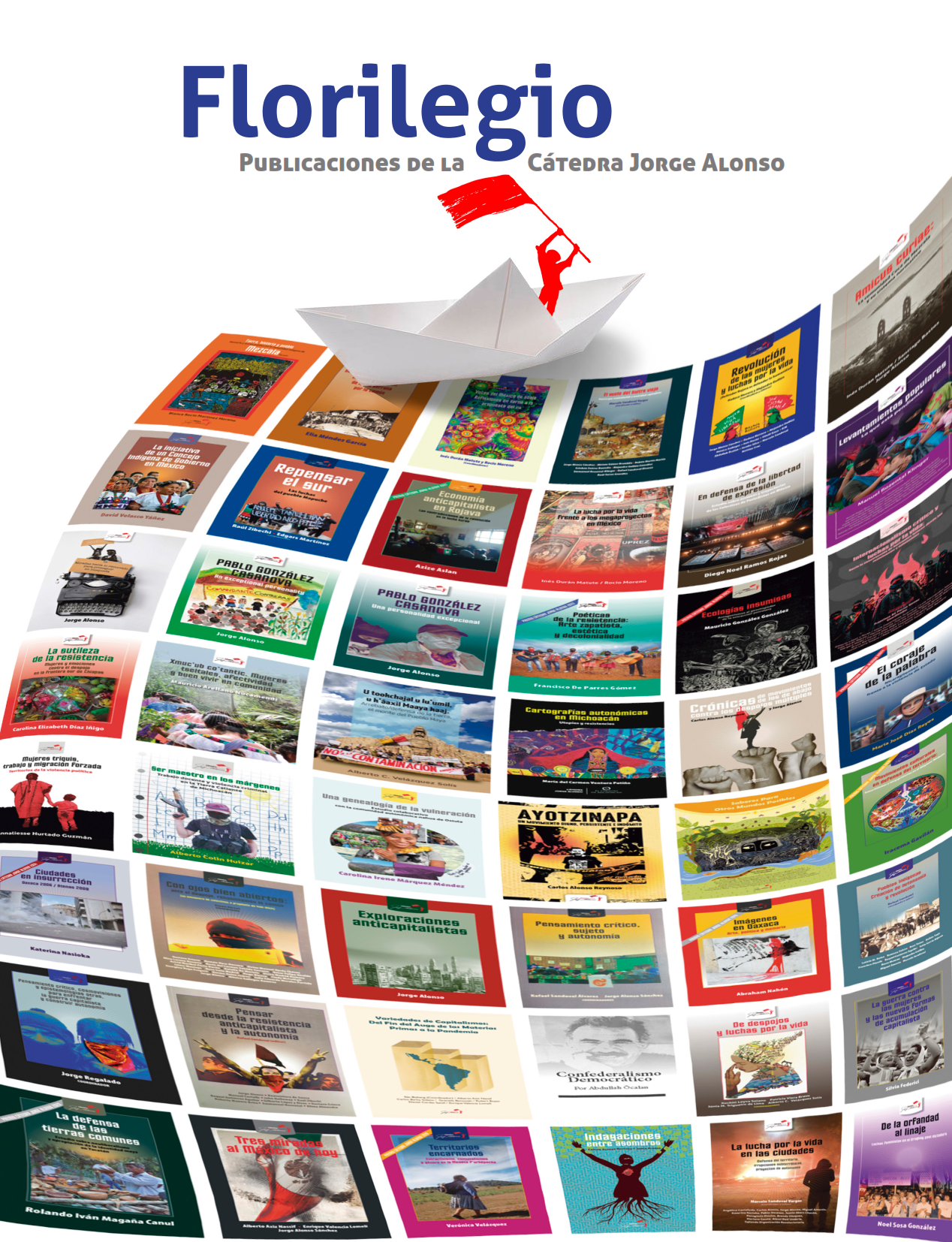Effect of teaching English with the eclectic approach on Saudi Arabian students’ communicative skills
Resumen
ABSTRACT
This study aims to investigate the effect of an eclectic teaching method on the communicative skills of listening, speaking, reading and writing on the foundation year students, level 104, at the English Language Institute of King Abdulaziz University in Jeddah, Saudi Arabia. The predicted objective of the present study is to observe, and determine, the effect of the eclectic approach on these four skills. The study revealed that the experimental group, taught under the eclectic approach, performed significantly better than the control group, taught according to the scheduled program.
RESUMEN
Este estudio tiene como objetivo investigar el efecto de un método de enseñanza ecléctico en las habilidades comunicativas de escuchar, hablar, leer y escribir en los estudiantes de primer año, nivel 104, en el Instituto de Idioma Inglés de la Universidad King Abdulaziz en Jeddah, Arabia Saudita. El objetivo previsto del presente estudio es observar y determinar el efecto del enfoque ecléctico en estas cuatro habilidades. El estudio reveló que el grupo experimental enseñado bajo el enfoque ecléctico, se desempeñó significativamente mejor que el grupo control, enseñado de acuerdo al programa.
Citas
AL-FAKI, MI, & SIDDIEK, GA (2013). Techniques used by teachers in correcting students' oral errors in an Omani Boys School. Theory and Practice in Language Studies,3(10). Finland: Academy Publisher Manufactured.
ASLAM, M (2003). Teaching of English (Second ed.). New Dehli: Foundation Books Pvt.Ltd. Print. pp.61.
BIBI, A (2002). The comparative effectiveness of teaching English grammar with the help of textbooks and by using group work activities. (Doctoral Dissertation) Alama Iqbal Open University, Islamabad, Pakistan. pp. 1-3.
BROWN, HD (2000). Principles of language learning and teaching. New York: Longman.
CHAN, V (2011). “Teaching oral communication in undergraduate sciences: Are we doing enough and doing it right?”. Journal of Learning Design, 4(3), pp. 71-79.
CHEN, HK (2011). “Efficient analysis of cognitive and eclectic English learning approaches from the perspective of the era of the knowledge economy- and experimental study of preschool education”. Tin Wen University of Sciences and Technology, Taiwan. The Journal of Human Resources and Adult Learning, 8(1).
DISVAR, H, & TAHRIRI, A (2009). “Investigating the Effectiveness of an Integrated Approach to teaching literature in an EFK context”. Journal of Pan-Pacific Association of Applied Linguistics, 13(2), pp. 105-116.
ELLIS, R (2002). “Does form-focused instruction affect the acquisition of implicit knowledge?”. A Review of the Research Studies in Second Language Acquisition, 24(2), pp. 223-236.
HORNBY, AS (2000). Oxford Advanced Learner's Dictionary. Oxford University Press, ISBN 0-19-431585-1.
HUSSAIN, I (2005). Teaching English through Direct and Traditional Methods. (Doctoral Dissertation). Arid Agriculture University, Pakistan. pp.76-94.
JUN, YZ (2000). “Warm-up exercise in listening classes”. Kunming University of Science and Technology, Kunming, Yunan, China. The Internet TESL Journal, Vol.VI, No.10.
KATEMBA, VC, & HULU, G (2013). “Comparison of Grammar Translation Method and Eclectic Method in enhancing students' vocabulary achievement”. Journal of Education and Practice, 4(5).
KIM, Y, & KIM, J (2005). “Teaching Korean writing class: Balancing the Process and Genre Approach”. Asian EFL Journal Quarterly, 7(2), pp. 69-90
KIMHACHANDRA, I (2010). English teaching in grade seven. Victoria University, Melbourne, Australia. pp. 24-26.
KOCKA, A. 2007. The role of mother tongue in English Language teaching. Pardubice University, Czech Republic. pp.17-20.
LARSEN-FREEMAN, D (2004). Techniques and principles in language teaching. Oxford: Oxford University Press.
MEHMMOD, MS (2012). A comparative study of Direct, Communicative and Eclectic Approach in teaching ESL. Bhopal: Maulana Azad National Urdu University. LIST SEARCH, 11 (1), p. 12.
RAHMAN, T (2002). Language ideology and power: Language learning among the Muslims of Pakistan and North India. Karachi: Oxford University Press.
RIZVE, R (2012). The effect of peer tutoring on students' achievement in the subject of English at Secondary Level in Pakistan in the light of Vygotsky's theory. (Doctoral Dissertation) Foundation University, College of Liberal Arts and Sciences, Islamabad, Pakistan. pp. 99-119.
SAVAGE, KL, BITTERLIN, K, & PRICE, D (2010). Grammar matter: Teaching grammar in adult ESL programs. New York, USA: Cambridge University Press. pp. 1-39.
SUBON, F (2015). “Direct vocabulary instruction: The effects of contextualized word families on learners’ vocabulary acquisition”. Procedia Social and Behavioural Sciences, (224), pp. 284-291.
SULTANA, SA (2014). “Developing the technical writing skills of professional learners- An Eclectic Approach”. B.S. Abdur Rahman University, Vadular, Tamil Nado, India. International Journal of Research and Humanities, Arts and Literature, 2 (8), pp. 45-85.
TONGBOONYOUNG, N (2013). Use of film clips to enhance the English communicative skills of English Grade Thai Students. (Master’s thesis). (Teaching English as a Foreign Languages). Bankok Graduate School, Srinakharinwirot University.
UBEID, A (2013). The effect of Eclectic Teaching Strategies utilizing British Poetry in developing students' reading proficiencies in the English Language. University of Anbar, Iraq.
WAHLHEIM, A, CHRISTOPHER, N, BRIDGID, F, & LARRY, LJ (2012). “Metacognitive judgments of repetition and variability effects in Natural Concept Learning: evidence for variability neglect”. Memory & Cognition, pp.1-4.
WICKHAM, R (2012). Role-play, dance, mime as language arts - for DPLI. Brighton Education Learning Service. pp.1-19.
XIAO-YUN, Y, ZHI-YANG, Z, & PEIXING, D (2007). “Principled eclecticism in college English in China”. Asian EFL Journal, Vol.17









